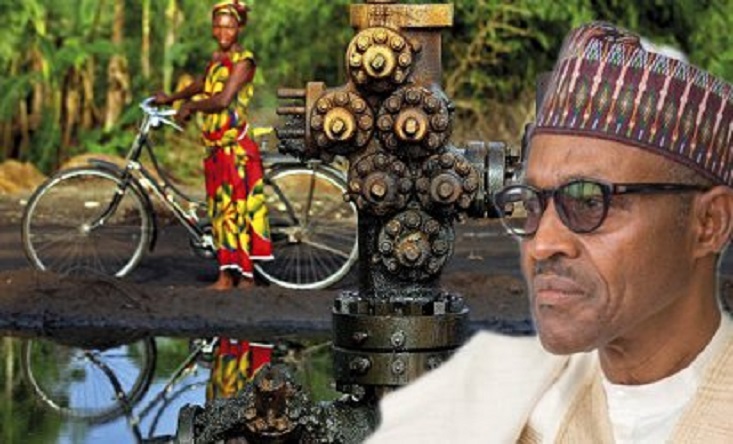
The Ogoni struggle is without doubt, one of the biggest challenges the Nigerian government has faced outside the civil war which broke out between 1967 and 1970. More than twenty years later, the government is still grappling with an approach to resolve the problem.
In 1994, in an effort to break the Ogoni resistance, the government laid false accusations against some Ogoni leaders. Ordered their hanging on November 10, 1995 and began a series of manoeuvre to resume oil production in the area. Both Shell and the government had disagreed with every claim of environmental pollution of Ogoniland until the damning report by the United Nations in 2011. some 21 years after the issue was raised by The Movement for the Survival of the Ogoni People (MOSOP).
Having failed to return to Ogoniland, Shell’s experiences that followed were not so palatable and i am persuaded to think that Shell, in their most difficult moments against ruthless Niger Delta militants would wish there was someone like Saro-Wiwa who commanded so much respect in the region and who could call the agitators to order. But injustice and repression had long sent Saro-Wiwa to the grave. Saro-Wiwa represented the leadership that the young people still had confidence in and would have willingly listened to and obeyed. I am certain that Saro-Wiwa had the capacity to call our young people out of the creeks. But a Nigerian government had seen him as the threat to free flow of hydrocarbon and ordered his hanging in 1995. Today, billions had been lost to oil theft, pipeline vandalism and illegal bunkering. None had been able to fill the gap and to provide a leadership that can restore order like Saro-Wiwa, a man whose peaceful approach to the fight for freedom gave hope not just to the Ogoni people but the entire Niger Delta.
Ogoni appear, in every way to be a special gift to the Niger Delta. It has been instrumental to the establishment of the special agencies for the Niger Delta – both the Oil Mineral Producing Areas Development Commission and later the Niger Delta Development Commission and now, the establishment of HYPREP following the release of the environmental audit report by UNEP will see to the eventual cleanup of the Niger Delta region.
The Ogoni cleanup will indeed represent a right start to addressing this lingering problem. It presents itself as another opportunity for the government to move away from the repressive posture of trying to force the people to submission. Implementing the UNEP report on Ogoniland is a right step to peace building which will open the doors for further engagement on development.
Saro-Wiwa’s hanging in 1995 was not just a judicial error and state murder, it was an opportunity missed to resolve the Niger Delta problem. Implementing the Ogoni UNEP report and the eventual cleanup of the Niger Delta will offer itself as another opportunity to mend fences and open doors for further peaceful engagement to address this problem. This is an opportunity the government must be fully committed to. For it it fails, it will not only destroy the people’s confidence in the Nigerian system, it will also create room for renewed agitation.
The writer, Fegalo Nsuke is Publicity Secretary of The Movement for the Survival of the Ogoni People (MOSOP). He wrote from Port Harcourt, Nigeria.




